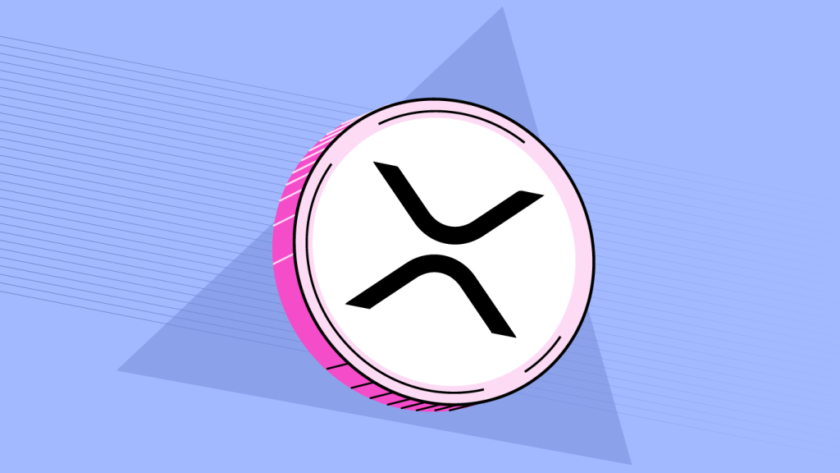Crypto derivatives platform Deribit is launching a new external custody solution designed to help with faster collateral transfers and reduce auto-deleveraging risks in tumultuous markets.
On May 14, the Panama-based exchange announced its full integration of the new solution, which was developed by London-based digital asset infrastructure provider Clearloop.
Deribit is catering the new solution to professional traders, claiming that such improvements in the crypto derivatives market structure will drive crypto adoption among institutional investors.
How does Clearloop’s custody solution work and what are the implications for traders?
The custody solution is designed to remove the need for asset managers to move their crypto from secure cold storage into hot wallets on exchanges in order to trade.
As well as introducing perceived security risks, transferring collateral between wallets and exchanges can incur delays of up to one hour, depending on the time needed for confirmation on a given blockchain network. Delays can further be compounded due to withdrawal times after the trade is settled.
Instead of this, Clearloop is offering a solution for off-exchange settlement between parties. This works by Clearloop intermediating trades — something it says removes self-custody risks — and providing asset managers with a segregated and insured custody solution.
For any position submitted by a trader, ClearLoop first ensures that both the client and the exchange have enough assets allocated to cover it before it is opened, and then instantly settles between parties once the trade has been closed.
By making the transfer of client collateral faster, Clearloop states that traders will be better protected against the risks of auto-deleveraging and other downsides associated with market inefficiencies. It points to the market mayhem this March:
“On-chain transaction costs increased up to 5 times, and wait time for rapid confirmation was approx. 20 minutes. In fast-moving markets, traders are unable to add or move their margin fast enough to meet margin calls or take advantage of arbitrage opportunities. This limits their ability to trade, exaggerates price move, and can lead to significant trading losses.”
By enabling faster reaction times, traders will ostensibly be able to execute significantly higher volumes per transaction, as well as avoid limitations on the value of the crypto that can be stored in hot wallets, which is typically enforced by exchanges to mitigate security and counterparty risks.
The company stresses that with its solution, assets never leave the custodian environment and that all off-exchange deposits and settlements are closed within milliseconds.
Auto-deleveraging risks in the crypto derivatives market
As recently reported, some traders on Binance have recently claimed that their winning short trades were unfairly cut short due to the platform’s auto-deleveraging system.
Platforms such as Binance and BitMEX have created insurance funds whose primary purpose is to prevent the auto-deleveraging of successful traders’ positions to prevent the bankruptcy of positions that get liquidated. There has been a recent controversy surrounding BitMEX’s use — or lack thereof — of its fund during a mass liquidation event on its platform in March.




